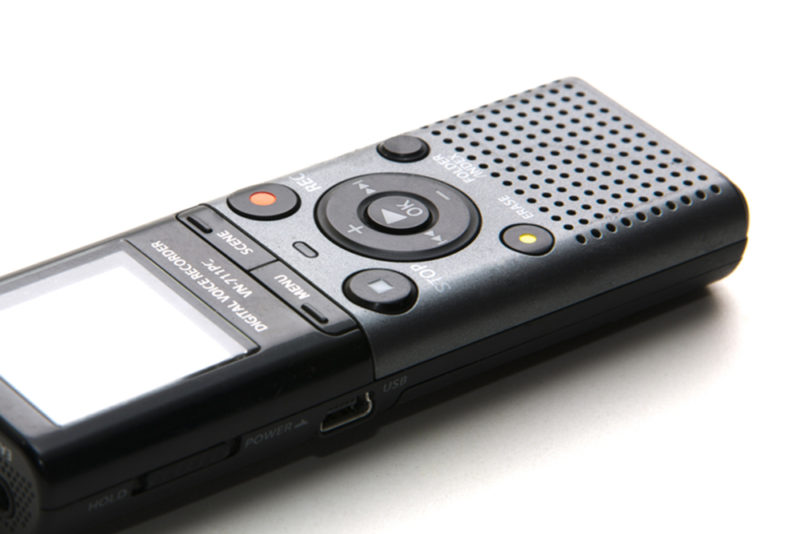In my initial meetings with prospective clients, I always ask whether they have spoken with an insurance representative, and I always hope that the answer is “no”. Insurance companies are pretty good at quickly convincing people who have been injured to give a statement about the accident and their injuries, saying, “Just let me record this conversation so we can help you with your case.”
Don’t do it.
This is not some sneaky lawyer trick; it is to keep you from inadvertently and innocently saying something that will damage your case. Although most cases settle without a trial, and some settle without even filing a lawsuit, we have to prepare from the beginning as though your case will be the exception. If there is a trial in your case, it will likely occur at least a year after your accident. You will be asked questions under oath in a deposition and again at trial many months after you gave that recorded statement. Inevitably, there will be minor inconsistencies in what you say. It’s not a matter of honesty or memory; every human being who tells the story multiple times of how they were injured and how their injuries impact their lives will tell it in a slightly different way each time. Insurers and their lawyers live for inconsistencies in your story so that they can portray you as a liar. The more times you “go on record”, the more likely that there will be differences in what you say and how you say it.
If an insurance representative calls and asks how you are doing, it is common to reply, “fine” or “pretty good” or “better”. My clients often make similar statements on the phone, but when I press them they are not fine, pretty good, or better. They use these words because it is in our nature to not complain even if we are in terrible pain. “Better” might mean “better than I was a month ago, but I still have a long way to go”. At trial, “better” will be used by the other side to convince a jury that you were recovered from your injuries on the day you used that word. Every time you speak with an insurance representative, you are giving them more ammunition to use against you at trial or in settlement negotiations.
Here is typical cross examination by a defense lawyer at trial:
Q: Did you speak with Mr. Jones on the phone on January 10?
A: I remember speaking with someone.
Q: Didn’t you tell Mr. Jones that you were “fine” on that day?
A: I don’t remember what I said.
Q: Let me show you a transcript of your statement that you gave by telephone on January 10. Do you see where Mr. Jones asked you, “How are you today?”, and you said “fine”?
A: Yes.
Q: So you admitted that on January 10 that you were fine. Now you are claiming that you weren’t fine and you claim your injuries persisted for many more months after that date. Which time were you telling the truth?
Insurance claims adjusters attempt to settle claims as quickly and cheaply as possible. This is how they get positive work reviews, raises, and promotions. Their interests are the polar opposite of yours. They are not your friends, they are not helping you, and you are not in “good hands” when you deal with them. Do not make the mistake of handing them evidence that will be twisted and turned against you.

